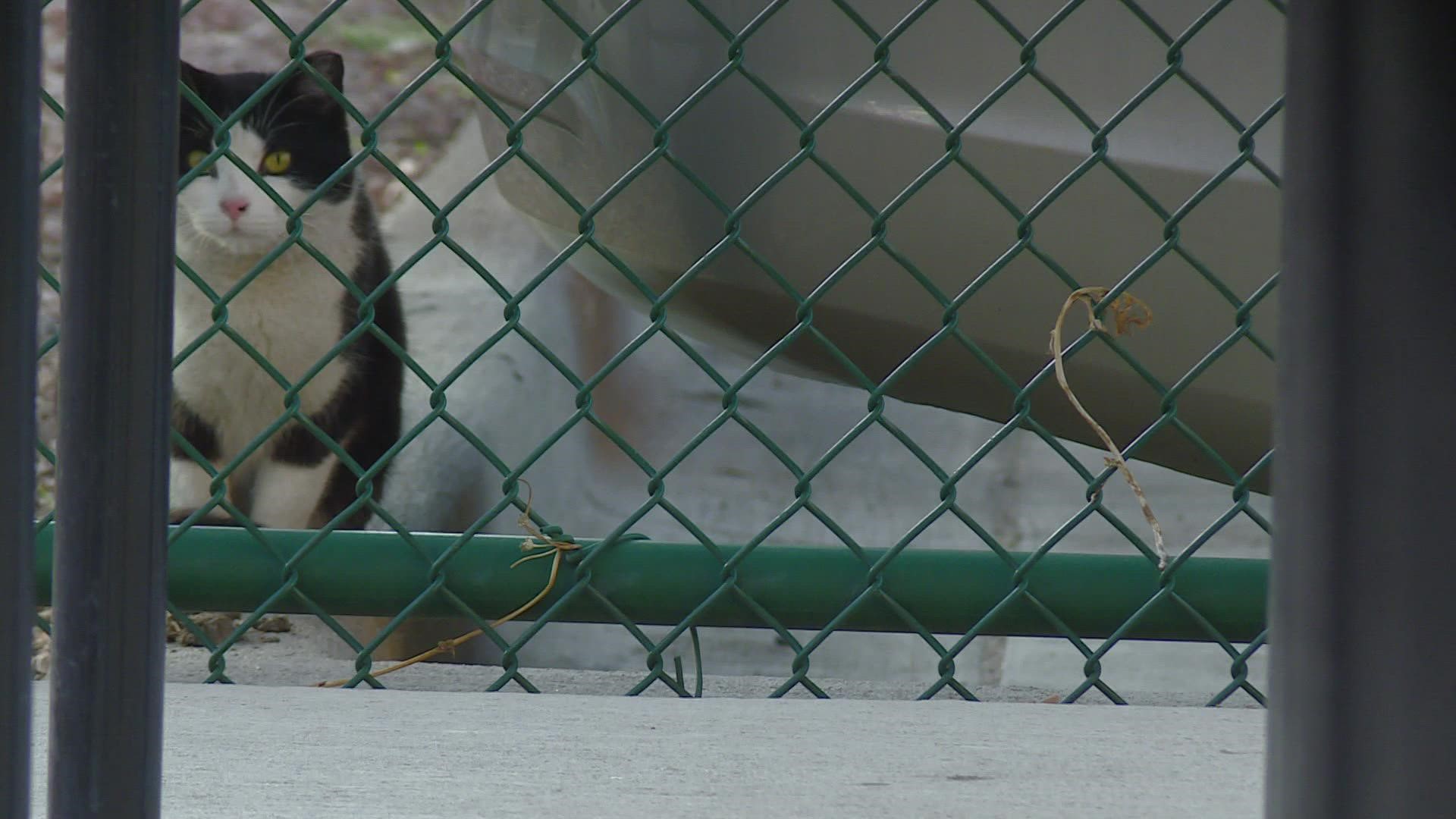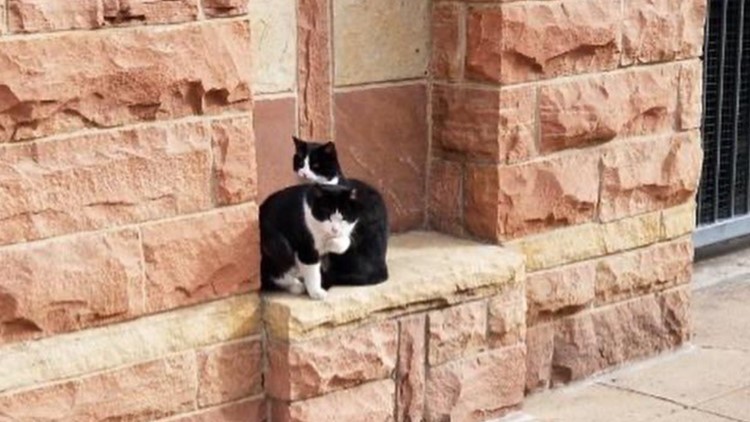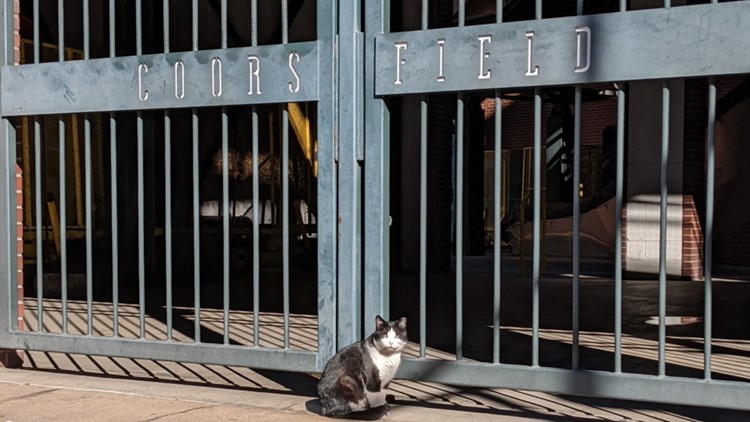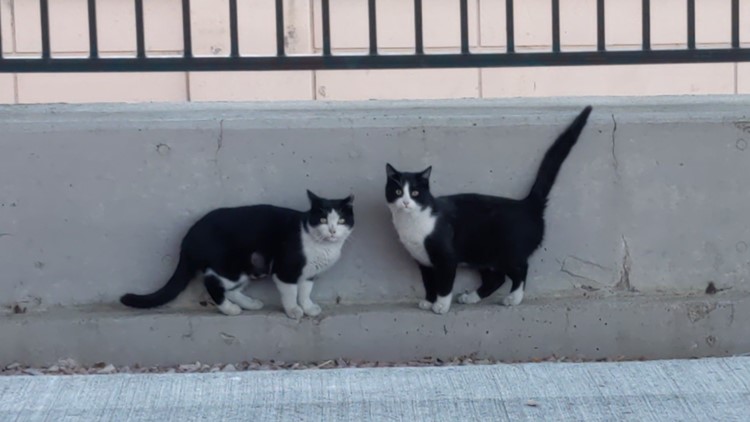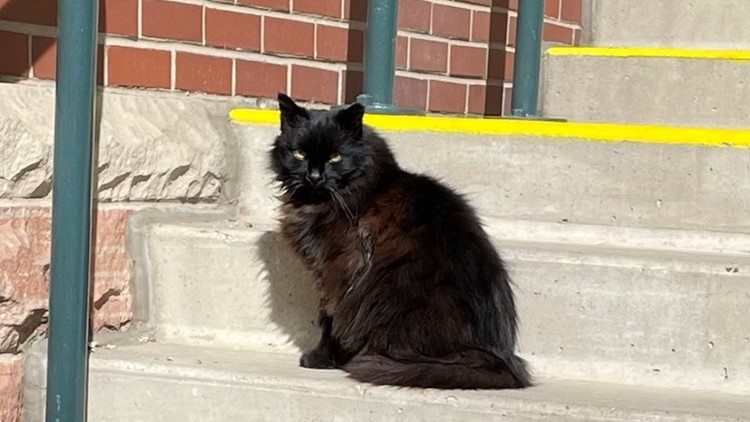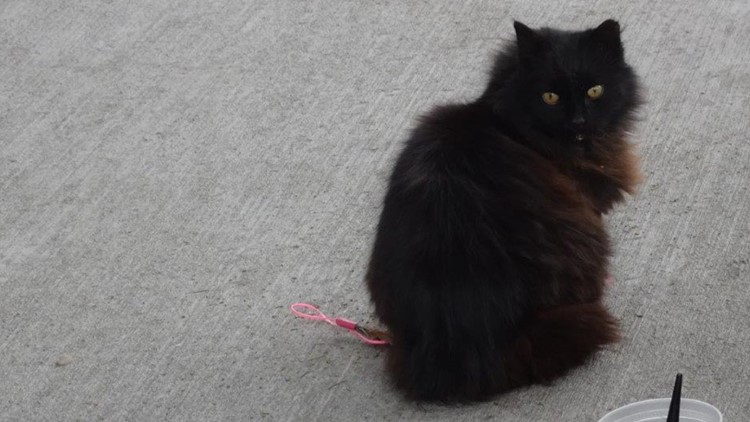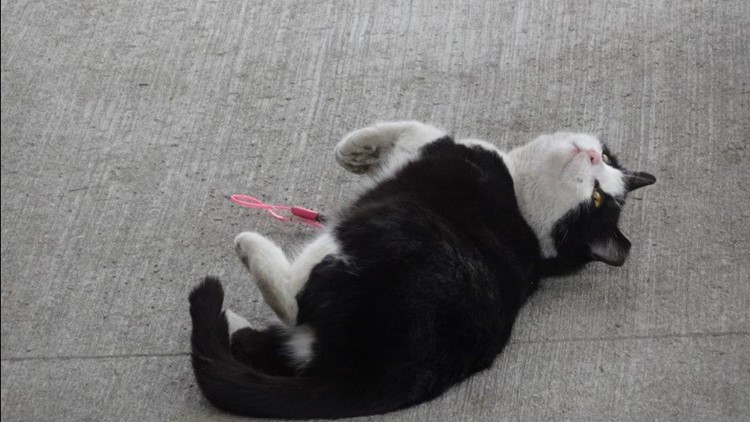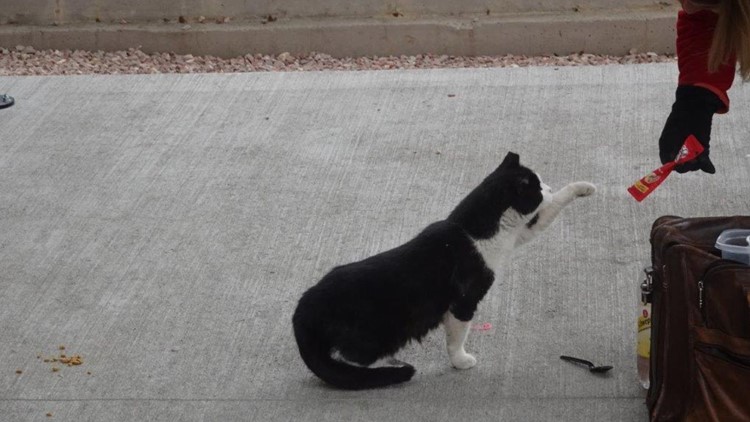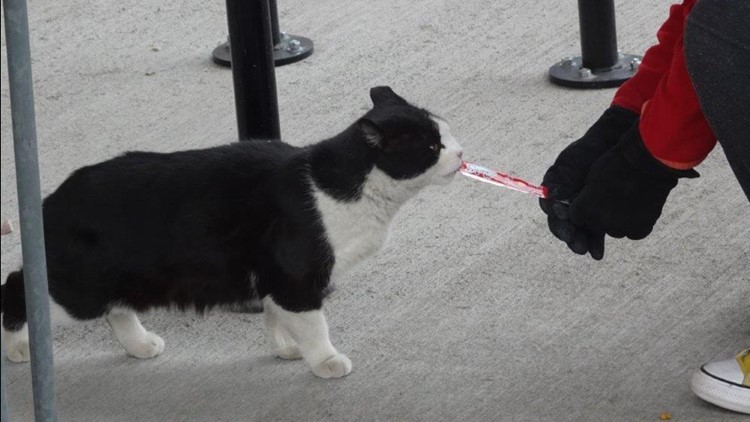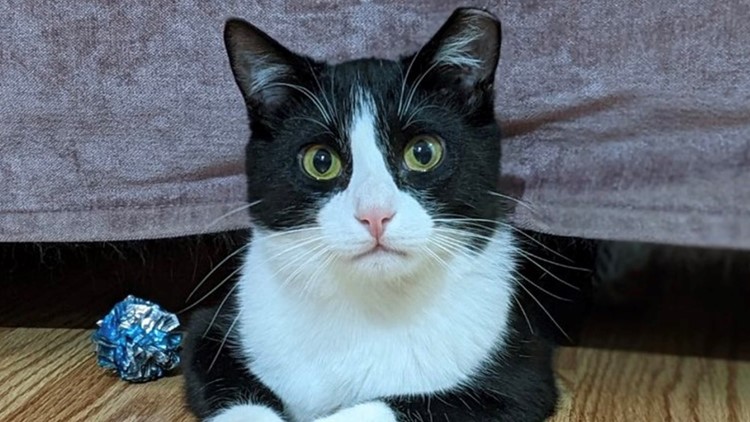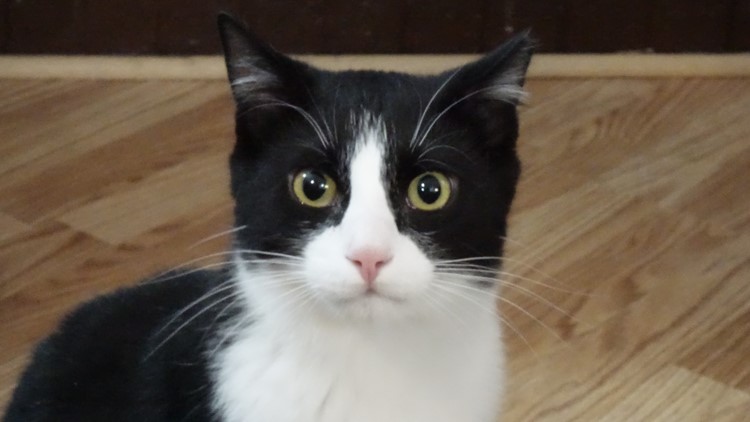DENVER — Feral cats aren’t an unusual sight in any metropolitan area, including Denver, where there are likely tens of thousands of cats that live on the streets.
A dedicated community of animal lovers helps care for these cats in a variety of ways.
Jenni Leigh, who has been a foster for Animal Rescue of the Rockies for 10 years and leads the rescue group’s TNR (trap-neuter-return) project, talked recently with 9NEWS about her work and answered some frequently asked questions.
Video above: Coors Field cat Socks hangs out at the ballpark. She was caught, fixed and returned last fall.
Answers are edited for length and clarity.
What is TNR?
It stands for trap, neuter and return. So many people say “release,” but it’s really important that we return them exactly to where they were and not drop them off in some other neighborhood. Where they are, they know where there’s shelter.
What is the benefit of TNR?
It reduces the population of cats on the street. It reduces mating behaviors, and that’s what everyone hates, when they’re howling and fighting in the middle of the night. They will mark less on people’s doors and trees. It really makes the cats better neighbors.
What happens to a feral cat after they’re trapped?
While they’re being spayed or neutered, they also get an exam and they get vaccinated. If they have terrible mats, the clinic staff will usually take care of that while the cat is in there. Then they usually recover overnight and go back home in the morning.
Can a feral cat become a house pet?
Usually you have to get the kittens before they’re 3 to 4 months old, so they can be socialized before all their instincts kick in and they’re too feral to be rehabilitated. … They’re almost always sick. Most of them, if they’ve been out there a couple more weeks, they wouldn’t have lived. Seventy-five percent of kittens born outdoors don’t make it.
Why do you take care of feral cats?
I’m passionate about making sure they’re healthy and they’re taken care of and that they’re not suffering. It’s not their fault they’re out there. They’re out there because some human at some point left them down, and then they breed and the cycle goes on and on. We do what we can and know that we’re making those lives better. Targeted TNR works to reduce and eliminate feral cat colonies because once they no longer breed, they eventually die off over time, and because they’re fixed and vaccinated, they live healthier lives with less suffering.
What do you say to people who disapprove of TNR?
The end goal for all of us is to have fewer cats on the street. They see me as fixing a cat and putting it back and they think I’m just perpetuating the culture of cats being outdoors. But what they don’t see is that we’re stopping the breeding, so there’s going to be fewer cats, and we’re rescuing any that we can and taking them off the streets. We have the same goal, in the end. We always say TNR, whether you love cats or hate cats, is the answer.
The feral cats of Coors Field
> Do you have a news tip on this story or any other story? We want to hear from you! Tell us about it by emailing newstips@9news.com.
SUGGESTED VIDEOS: Latest from 9NEWS

